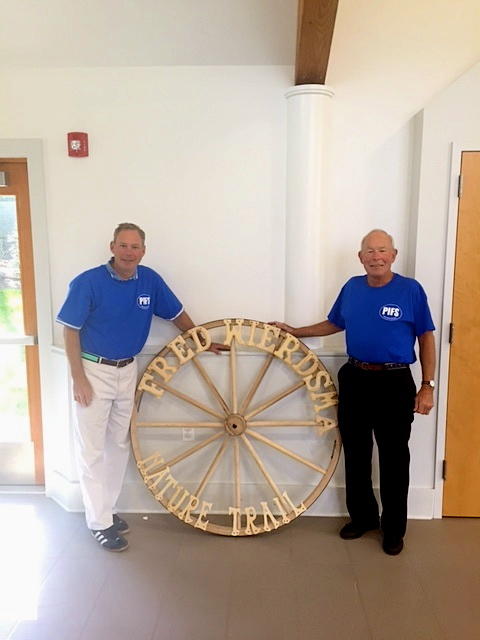11 Aug Hamilton: History Made New
[caption id="attachment_7437" align="aligncenter" width="288"] Marianne Riess is the former head of the Putnam Indian Field School in Greenwich, CT. She has 40 years of experience in working with young children.[/caption] Our annual vacation to Block Island this year had a new twist: my NYC grandsons (Axel, just shy of 10 and Owen, 8) were traveling with us. I wondered how to keep them amused during the 2½ hour car trip to the ferry. Knowing that they...















